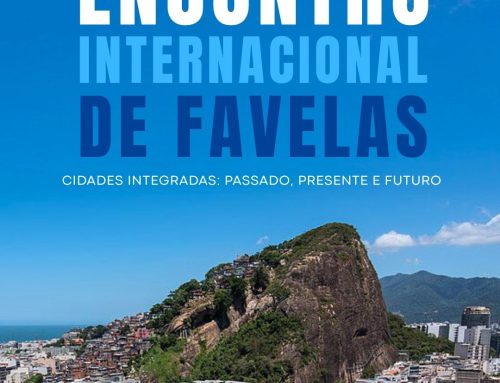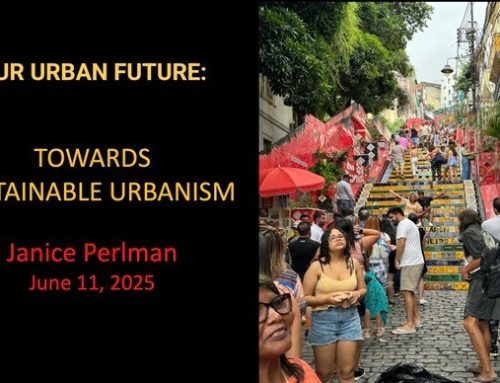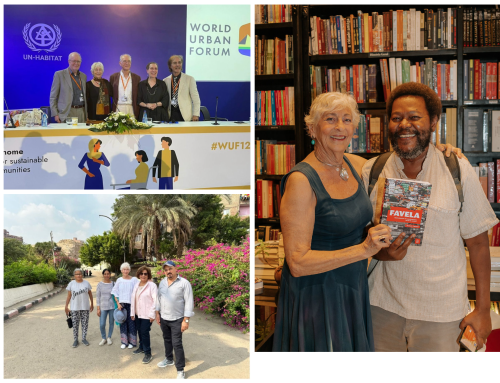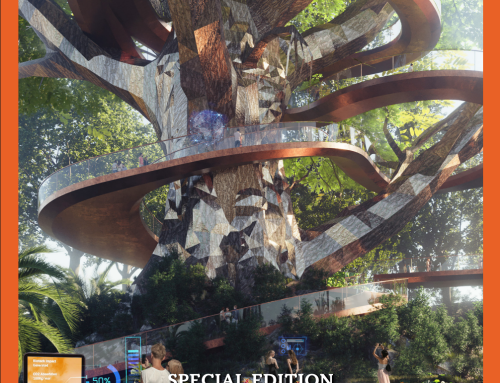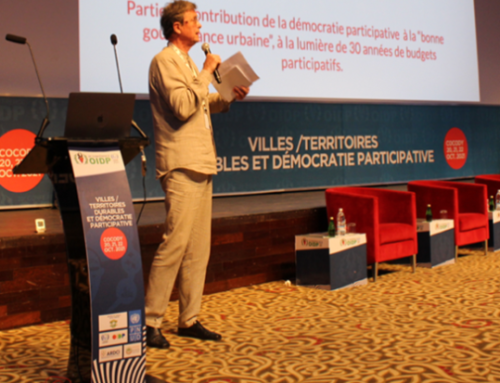
Abstract: Based on 50 years of primary fieldwork in Rio’s favelas, this article tracks shifting 8 perceptions among academics and urban practitioners from demonizing favelas to fetishizing them. It contests newfound enthusiasm with favelas as ‘models for future urban development’, suggesting a more nuanced look at constraints and conflicting interests. The article offers a reality check on claims that favelas are ‘robust, green, dense, well located, self-reliant, close-knit, unplanned and emancipatory’. It suggests that what appears as a light ecological footprint may result from scarcity more than consciousness and that what seems like self-reliance may result from unpaid labor filling in for lack of basic urban services. The article addresses two sides of informality: informal settlements (where being informal is used to justify removal) and the informal economy (where being informal is used to arrest street vendors). Both informalities generate income, intellectual capital, and new knowledge. Further, the dichotomy between formal and informal obfuscates their complete interdependence and blinds us to the recognition of ‘the real city’ composed by both. What needs to be eradicated is not favelas, but poverty, inequality, and disrespect. The article ends with 20 the fundamental questions: Who is the city for? Whose lives matter?

